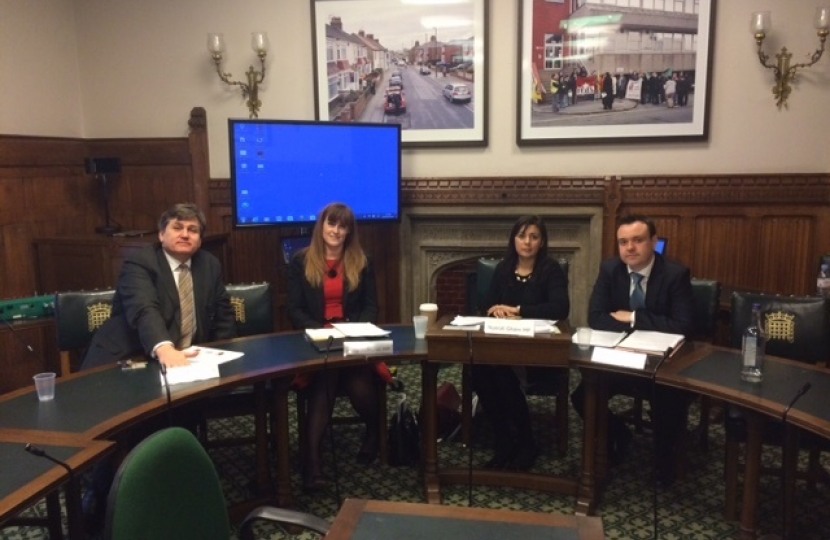
The Barnardo’s backed parliamentary inquiry, of which Kelly Tolhurst MP was a member, has found that children who behave in a sexual way that’s harmful to themselves or others should get the right support and not be unnecessarily criminalised.
There are growing concerns that children are engaging in risky sexual behaviours such as sharing naked images online, accessing pornography or ‘sexting’ and failing to realise the dangers involved, including that ‘sexting’ can be illegal.
The inquiry highlights the need for professionals and parents to understand the difference between age appropriate sexual experimentation and actions that maybe harmful and abusive. This can range from inappropriate touching to more serious sexual abuse.
Kelly and the cross-party inquiry have now called for a national strategy to tackle this taboo and little understood issue. Foremost is that children should be properly supported to prevent damaging sexual behaviour rather than demonised.
In the inquiry report – ‘Now I know it was wrong’ – evidence suggests if children receive the support they need early on they can go on to lead constructive and fulfilling lives, rather than repeating their behaviour. This is important as experts have recognised a link between harmful sexual behaviour and child sexual abuse and exploitation.
Kelly Tolhurst MP said:
“Over the course of this inquiry we have learned some disconcerting statistics that reflect the true scale of this issue, which now needs a comprehensive strategy involving the Government working with schools, local authorities, police and voluntary organisations to tackle it.
“While much of the focus has been around sexual abuse, parents should also be aware of the dangers posed to our children by harmful sexual behaviour and from harmful sexual images, and it is now time we catch up with the level of understanding we ought to have.”
Barnardo’s chief executive, Javed Khan, said:
“We must remember that many children who show harmful sexual behaviour have experienced or witnessed physical, emotional or sexual abuse as well as neglect and can be extremely vulnerable.
“Automatically treating them as mini sex offenders prevents them being rehabilitated and living positive lives. In some cases a criminal justice response may be necessary, but we have to find a much better way to stop children abusing themselves and each other.
Greater access to technology has normalised extreme pornography online and changed the way a generation of children view sex before they have experienced a normal relationship. The inquiry wants the Government to continue to improve regulation of online pornography and ensure companies making websites and apps aimed at adults or children are held accountable if they fail to provide proper safeguards.
The inquiry is calling for a working group on harmful sexual behaviour to be set up by July 2017, led by ministers and supported by charities and other experts.



